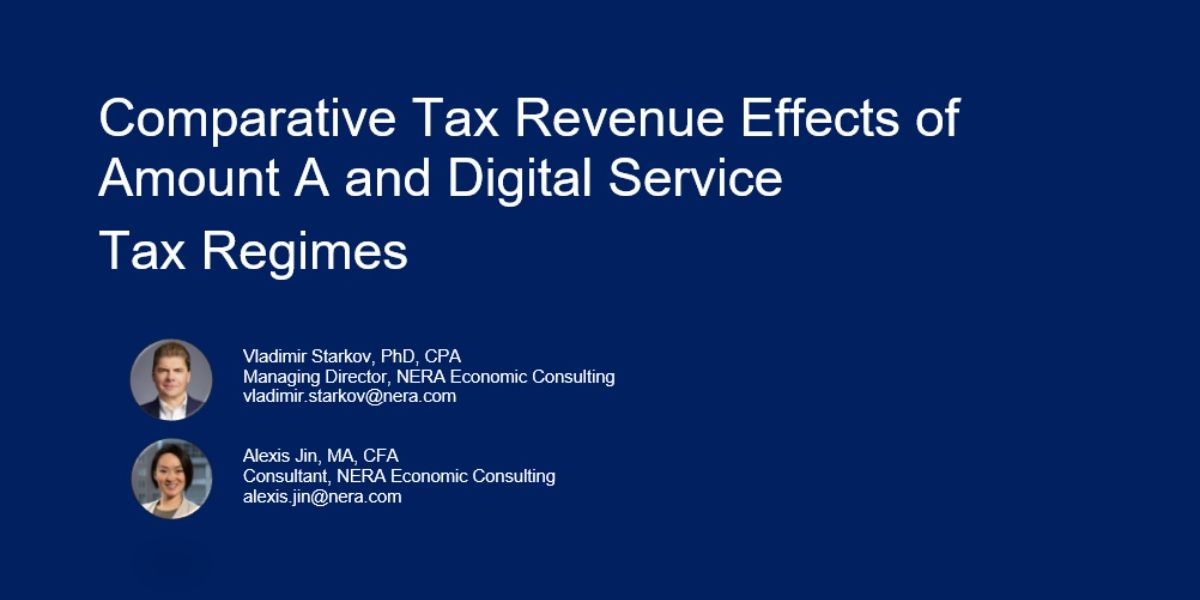On 11 July 2017 the OECD issued the draft 2017 update of the OECD Model Tax Convention. The changes are to be submitted later in 2017 for approval by the Committee on Fiscal Affairs and the OECD Council.
Some parts of the update relate to the recommendations of the project on base erosion and profit shifting (BEPS) and consultation on these issues has already taken place. Comments are however invited from interested parties on some parts of the draft updates that have not previously been the subject of consultation. The closing date for comments is 10 August 2017.
Commentary on Article 4
The draft changes concern a situation where a house is rented to an unrelated person and whether this could be regarded as a permanent home available to the landlord for the purposes of the residence tiebreaker rule. The changes are made in paragraph 13 of the commentary on Article 4 and refer to Article 4 (2) (a) of the OECD Model.
Further changes to be made to the commentary on Article 4 with a view to clarifying the meaning of “habitual abode” in the tiebreaker rule. The draft changes are made in paragraphs 17 and 19 of, the commentary to Article 4 and by the addition of new paragraph 19.1 to the commentary.
Commentary on Article 5
The draft changes insert a new paragraph 1.1 to the Commentary on Article 5 of the OECD Model. This is intended to clarify that registration for value added tax (VAT) or goods and services tax (GST) is by itself not relevant to the application and interpretation of the permanent establishment definition.
Article 10
The draft changes include the deletion of the words “(other than a partnership)” from subparagraph 2 (a) of Article 10. The subparagraph has been changed to ensure that the reduced rate of source taxation on dividends applies where relevant to a transparent entity.
This change has been made because under the new Article 1 (2) of the OECD Model income derived by an entity that is fiscally transparent under the laws of either Contracting State is considered to be income of a resident of a Contracting State to the extent that it is treated as income of a resident of that State for tax purposes.
The change to subparagraph 2 (a) of Article 10 therefore ensures that the reduction of withholding tax on dividends provided for in that Article can apply to dividends paid to a transparent entity where the relevant conditions apply. New paragraphs 11 and 11.1 have been added to the Commentary on Article 10 in relation to this change.
Other draft changes
Other draft changes to the OECD Model have been approved as part of the BEPS project, relate to BEPS follow-up work or have previously been subject to consultation. These include changes relating to the work on hybrid mismatch arrangements; changes resulting from the report on Action 6 to prevent the granting of treaty benefits in inappropriate circumstances; work on Article 5 to present artificial avoidance of permanent establishment status; and work on making tax dispute resolution procedures more effective.
Other changes made to the commentary to Article 5 relate to the work on integrating changes from work on BEPS action 7 (preventing the artificial avoidance of permanent establishment status) with work on the interpretation and application of Article 5. There are also draft changes to Article 8 on the taxation of crews of ships and aircraft operating in international traffic.
Changes have also been made to paragraph 5 of Article 25 in relation to arbitration. The amendments concern the MAP arbitration provision developed in the negotiation of the Multilateral Convention to Implement Tax Treaty Related Measures to Prevent Base Erosion and Profit Shifting adopted on 24 November 2016.
The final version of the 2017 update will include also changes to the observations, reservations and positions of OECD member countries and non-member economies. These changes are still being formulated.
















